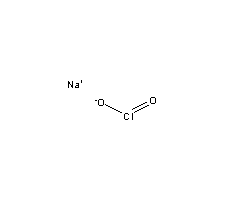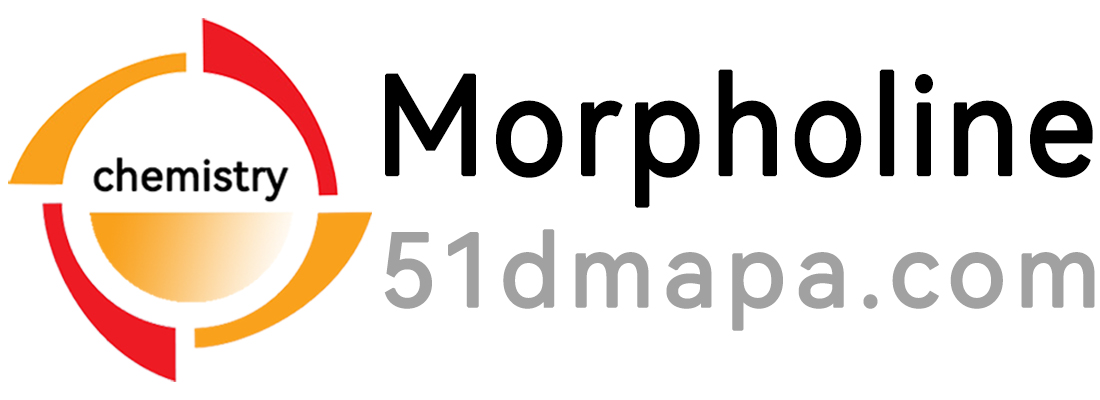| Post Date: | Jan 04,2022 |
| Expiry Date: | Jul 03,2022 |
| Detailed Description: |
Cas No. :7758-19-2
Quantity: 2000Metric Tons Specs:25% Payment Method: LC at sight or TT advance UN Number: Solid Sodium Chlorite, 1496 Liquid Sodium Chlorite, 1908 Item Liquid Sodium Chlorite Appearance:Yellowish liquid NaClO2 :≥25% NaClO3 :≤0.5% NaCl :≤1.5% NaOH :≤0.5% Application:The main application of sodium chlorite is the generation of chlorine dioxide for bleaching and stripping of textiles, pulp, and paper. It is also used for disinfection of a few municipal water treatment plants after conversion to chlorine dioxide. An advantage in this application, as compared to the more commonly used chlorine, is that trihalomethanes are not produced from organic contaminants. Sodium chlorite, NaClO2 also finds application as a component in therapeutic rinses, mouthwashes, toothpastes and gels, mouth sprays, chewing gums and lozenges, and also in contact lens cleaning solution under the trade name purite. Under the brand name Oxine it is used for sanitizing air ducts and HVAC/R systems and animal containment areas (walls, floors, and other surfaces). In organic synthesis, sodium chlorite is frequently used for the oxidation of aldehydes to carboxylic acids. The reaction is usually performed in buffered (with monosodium phosphate) solution in the presence of a chlorine scavenger (usually 2-methyl-2-butene). Sodium chlorite, like many oxidizing agents, should be protected from inadvertent contamination by organic materials to avoid the formation of an explosive mixture. Recently, sodium chlorite has been used as an oxidizing agent to convert alkyl furans to the corresponding 4-oxo-2-alkenoic acids in a simple one pot synthesis. |
| CAS Registry Number: | 7758-19-2 |
| Synonyms: | ;Alcide LD;CCRIS 1426;Caswell No.755;Chlorite sodium;Chlorous acid, sodium salt;EPA Pesticide Chemical Code 020502;HSDB 733;Neo Silox D;Textile;Textone;UNII-G538EBV4VF;Chlorous acid, sodium salt (1:1);UN1496 |
| Molecular Formula: | NaClO2 |
| Molecular Weight: | 90.44 |
| Molecular Structure: | 
|
| Hazard Symbols: | |
| Risk Codes: | R25:; R26:; R32:; R34:; R9:; |
| Safety Description: | S17:; S36/37/39:; S38:; S45:; S50A:; |



